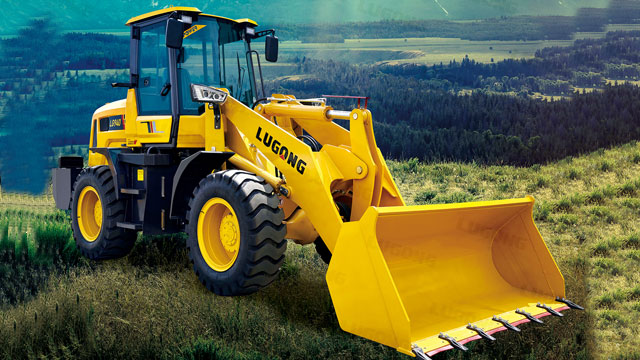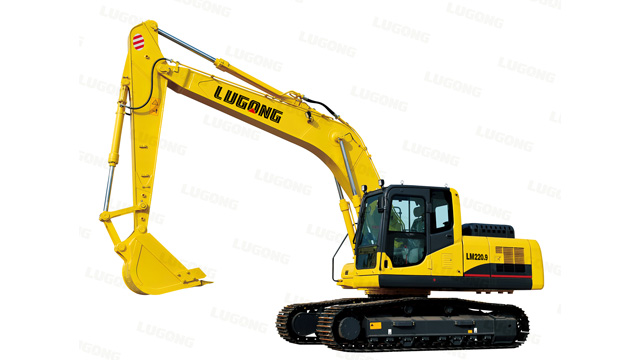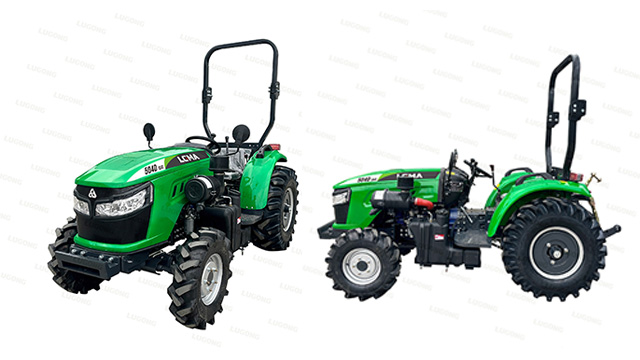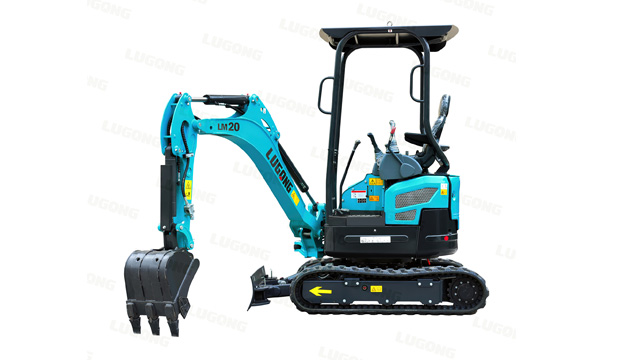A few things to know before buying a wheel loader
A wheel loader is a versatile construction machine that is commonly used in various industries such as mining, construction, and agriculture. Since there are hundreds of different models of wheel loaders on the market, which come from different brands, and in different sizes with different specs, it is necessary to know exactly what to look for as you make this purchase to ensure that it meets your specific requirements.

There are several important factors to consider before buying a wheel loader to add to your fleet.
1. Understanding the purpose of a wheel loader:
– Definition and functionality: A wheel loader is a heavy equipment machine that is primarily used for loading materials such as dirt, gravel, and rocks onto trucks or into other machines.
– Versatility: Wheel loaders can be equipped with various attachments such as buckets, forks, and grapples, making them adaptable for different tasks. One of the most important parts of any wheel loader is its bucket. The bucket typically come in compact, small, medium, or large sizes. You may consider your daily production figure and the density of the materials you will be handling. It is also important to consider a bucket’s breakout force, which measures the amount of force the bucket can exert. Aside from the bucket, there are a large number of other attachments that can be affixed to your wheel loader, include blades, booms, forks, grapples, and rakes. Consider the type of work you intend to use the wheel loader for, which will determine which accessories you will buy.
2. Assessing the required specifications and size:
– Capacity and size: Determine the maximum weight and volume of the materials you need to handle to select a wheel loader with an appropriate capacity. Choosing the right-sized wheel loader will also help you maximize your ROI. As you are considering sizes, you can think about the amount of material that your wheel loader will need to lift on a daily basis and what the approximate weight of that material will be.
– Lift height and reach: Consider the height at which you need to dump the materials and the distance you need to reach to ensure efficient loading and unloading operations.
– Engine power and fuel efficiency: Evaluate the engine power required for your specific tasks and ensure that the wheel loader offers good fuel efficiency to reduce operating costs.
3. Examining the machine’s performance:
– Traction and stability: Wheel loaders should have excellent traction to operate effectively on different terrains. Stability is crucial for safe and efficient loading operations, especially when working on uneven surfaces.
– Maneuverability: Consider the turning radius and overall maneuverability of the wheel loader, especially if you have limited space at your worksite.
– Cycle time: The cycle time, which refers to the time taken for a complete loading and unloading cycle, should be optimized for maximum productivity.
4. Evaluating the operator’s comfort and safety features:
– Cab design and visibility: The operator’s cab should be designed for comfort and provide good visibility to ensure safe and efficient operation.
– Controls and ergonomics: Check if the controls are user-friendly and easily accessible. Ergonomic features such as adjustable seats and armrests can enhance the operator’s comfort and reduce fatigue. When machinery is more comfortable to operate, it is often much easier to maximize productivity on a job site.
– Safety features: Look for features like backup cameras, proximity sensors, and anti-slip surfaces to enhance operator safety during operation.
A few factors you may want to consider when it comes to the comfort of your wheel loader are how smoothly it rides, whether it has air conditioning and heating, how much cab noise it generates, whether it has suspension seats, and how intuitive the joystick controls are.
5. Considering maintenance and after-sales support:
– Maintenance requirements: Understand the maintenance needs of the wheel loader, including regular servicing, availability of spare parts, and the reputation of the manufacturer for reliability.
– Warranty and after-sales support: Check the warranty period offered by the manufacturer and inquire about the availability of after-sales support, including technical assistance and spare parts availability. When you buy a wheel loader that can be serviced quickly and efficiently, that means it will be out of commission for less time, which is always better for both your timeline and expenses.
Conclusion:
Before purchasing a wheel loader, it is essential to have a comprehensive understanding of its purpose, required specifications, performance, operator comfort and safety features, as well as maintenance and after-sales support.By considering these factors, you can make an informed decision and select a wheel loader that meets your specific needs, ensuring efficient and productive operations.


